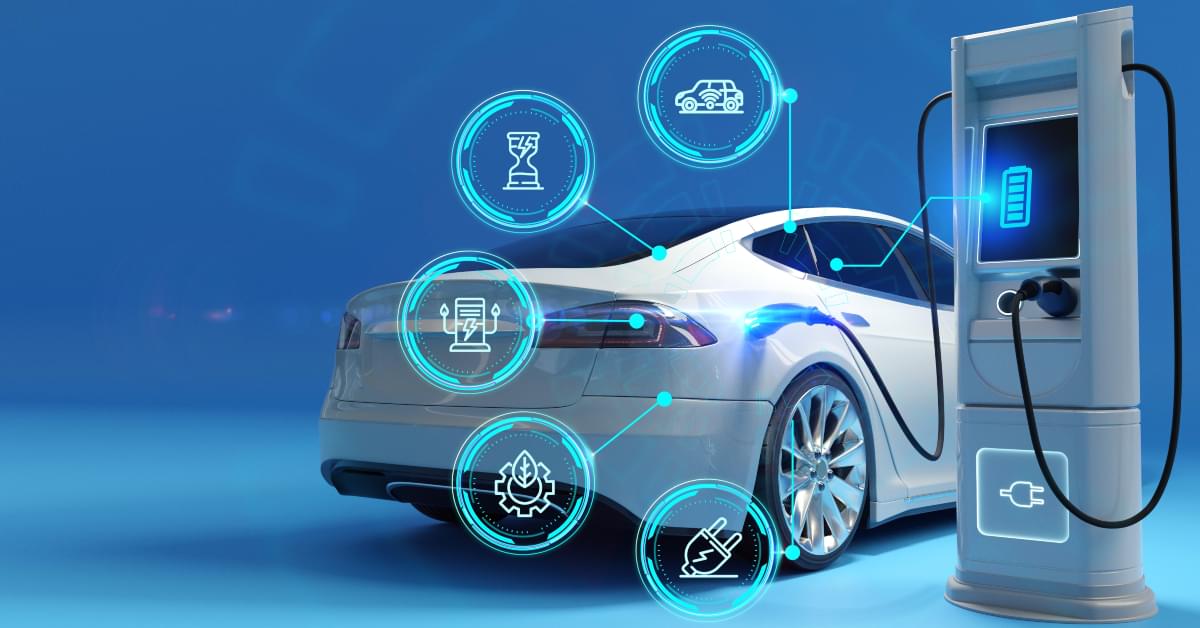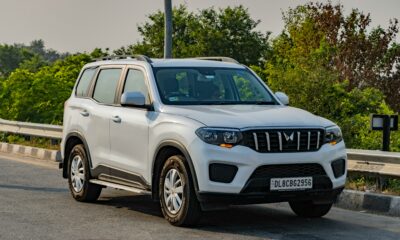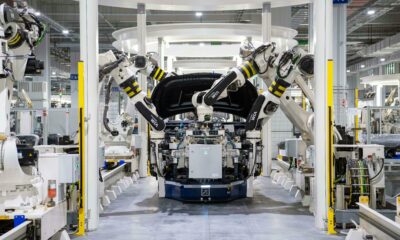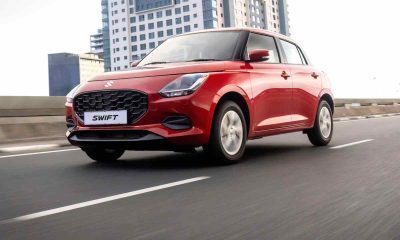Business
Why South Africa’s high electric car taxes could stall the future of transport

South Africa has long prided itself on being Africa’s industrial hub, but when it comes to electric cars, the country is at risk of being left in the slow lane. Despite global momentum towards cleaner mobility, local sales of fully electric vehicles (EVs) have dipped, and experts say government policy is partly to blame.
EV sales slowing down
Data from the National Automobile Association of South Africa (Naamsa) shows that just 570 fully electric cars were sold in the first half of 2025. That’s a sharp 24% drop from the same period in 2024, when 749 units were sold. Even when hybrids and plug-in hybrids are included, the overall new energy vehicle market is down slightly, breaking a streak of year-on-year growth since 2020.
For many, this is a red flag. Countries like Norway and China are pushing ahead with tax incentives and subsidies that have made electric cars mainstream. In South Africa, however, the cost of ownership remains out of reach for most.
The tax hurdle
At the centre of the debate is South Africa’s import tax regime. Electric vehicles face a 25% import duty plus a value-based ad valorem tax that can push costs up by as much as 30%. By comparison, petrol and diesel cars, even those with high emissions, attract an import duty of only 18%, or 15% under certain trade agreements.
This means buyers of cleaner cars are often paying more tax than those who drive vehicles that pollute more. Critics call it a backwards system that punishes people choosing sustainable options.
Industry voices calling for change
Zero Carbon Charge (also known simply as Charge) has formally appealed to the Minister of Trade, Industry, and Competition, Parks Tau, to urgently lower import duties. Co-founder Joubert Roux warned that the country risks being “left in the dust” if action is not taken soon.
GridCars, South Africa’s largest public EV charging network, has echoed the concern, while Naamsa has recommended subsidies of up to R80,000 to make electric cars more attractive. Even Tesla CEO Elon Musk has weighed in, pointing to high duties as the key reason his company hasn’t entered the South African market.
A joint study by Electric Mission and the Norwegian EV Association underlined the issue: in Norway, polluters pay the highest taxes, which has helped EVs dominate new car sales. In South Africa, the opposite is true, with drivers of zero-emission cars effectively carrying the heavier tax burden.
Why this matters
If the status quo continues, experts say South Africa’s logistics, manufacturing, and transport sectors could be caught unprepared when international carbon regulations tighten. That would not only hurt competitiveness but also delay opportunities to build a local EV and battery industry.
The warning is clear: either the government revises its tax policies now to support adoption, or South Africa will fall further behind in a global shift that is already well underway.
Also read: Thousands of Fords Recalled in South Africa: What Drivers Need to Know in 2025
Follow Joburg ETC on Facebook, Twitter, TikT
For more News in Johannesburg, visit joburgetc.com
Source: MyBroadband
Featured Image: CurrencyTransfer



























